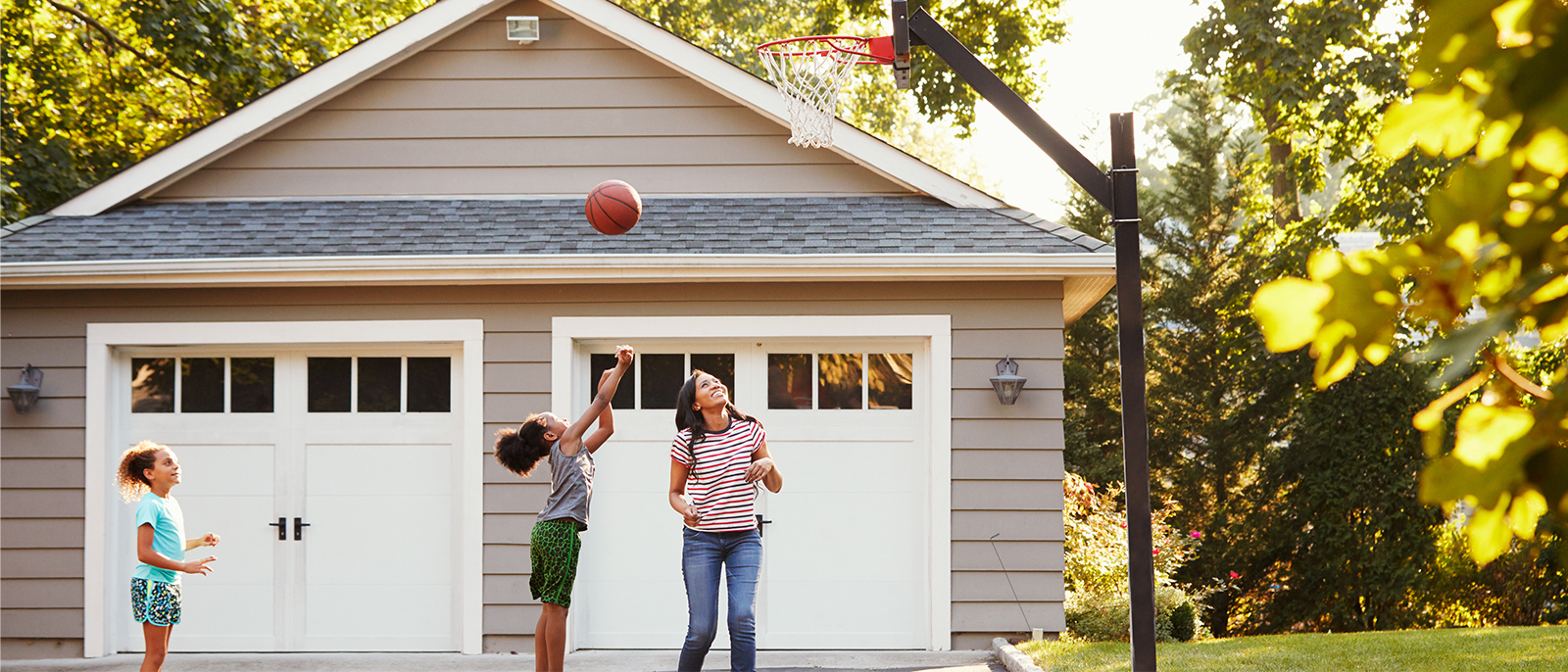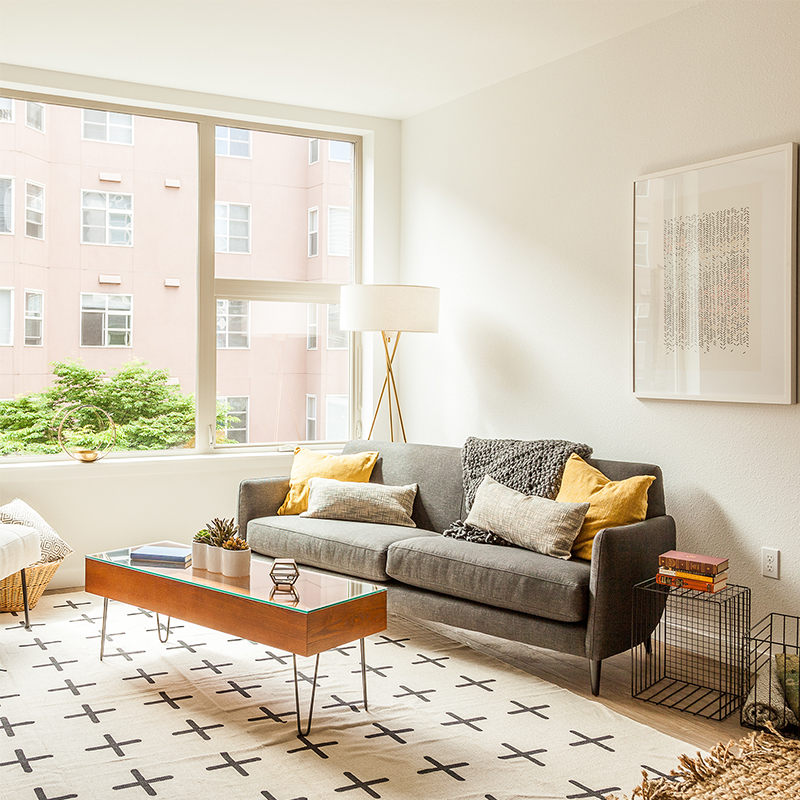
Turning your starter home into a rental property is a quick way to become a real estate investor. Although renting and not selling may present an opportunity to earn an extra stream of income, whether or not you’re cut out to be a landlord is something to think about carefully. Besides the added personal responsibility of managing a rental, there are financial implications to consider.
Ask yourself these questions before moving forward:
Can you afford two mortgages?
In a perfect world, there would be an endless pool of quality tenants that pay on time itching to rent from you. That’s not always the case. It’s not uncommon for rental properties to experience periods of vacancy between tenants.
Even if you’re fortunate enough to keep your property continuously occupied, tenants are human. Special circumstances may arise where they can’t pay on time. Your mortgage payment is due regardless of their ability to pay.
Do you have the time to manage it?
Collecting the rent is just one facet of the job. There are other binding lease terms you will need to enforce such as keeping your property damage-free. If you don’t have enough time to deal with your tenants one-on-one, you may want to consider hiring a property management company.
Of course, this will cost you. Management companies usually charge a flat fee or a percentage of the rental income. Reach out to a few management companies for an interview to get a feel for the service and the price.
Is there a demand for rentals in your neighborhood?
If there are many vacant rentals in your area or low demand from tenants, you will have a tough time keeping your property occupied. Find out how quickly rentals are moving before diving headfirst into the rental property business. One way to do this is to monitor other property rental listings comparable to your own to see how long they stay available.
How much rent can you earn from the property?
Rental income potential. Three magic words that inspire homeowners to venture into real estate investing.
Even though there is money to be made, you need to be realistic. What you hope to earn from a rental may not be what tenants are willing to pay. And if tenants don’t want to pay your price, they can find more affordable options elsewhere while your rental sits vacant.
Again, research is key here. Compare other rental property listings to arrive at an accurate estimate of what you can earn per month.
Will you make a profit?
We’ve covered some of the costs of rental properties including loss from vacancy and management fees. Routine and emergency maintenance are other costs to think about as well.
If your starter home will make a nice profit after these costs, turning it into a rental property may be a lucrative choice. On the other hand, minimal profit or just breaking even could mean renting out your property will be more effort than it’s worth.








